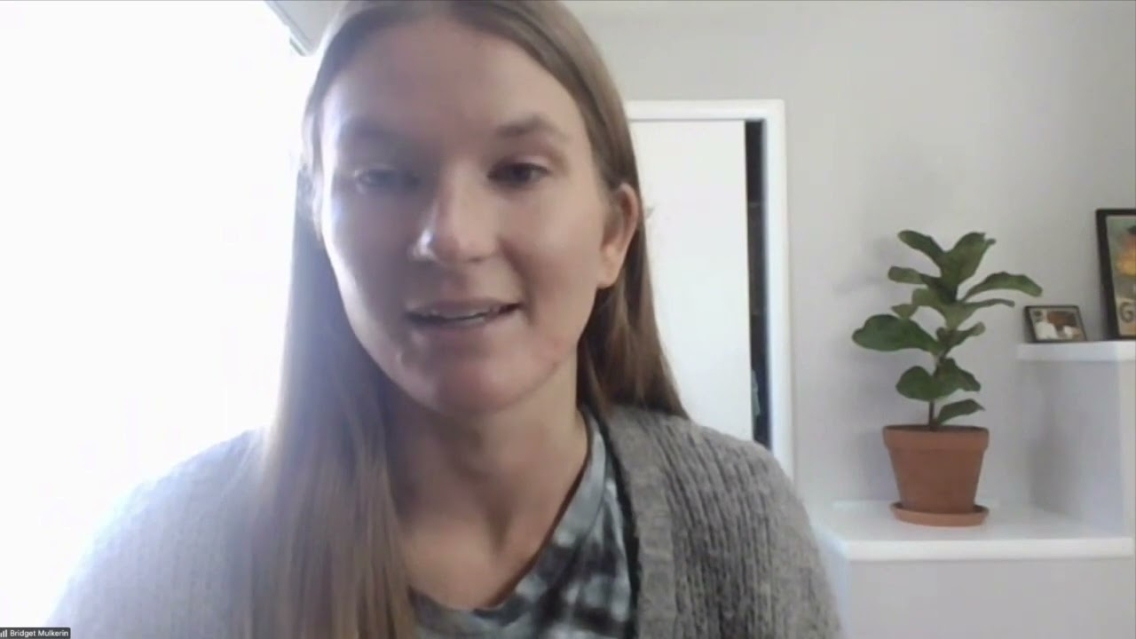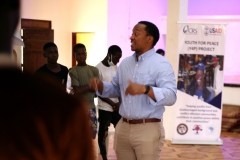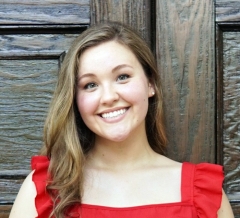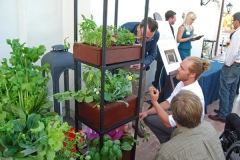Field Work: Daron McDonnaugh Works on Hunger and Nutrition in Liberia
| by Stephen Diehl
Now in his fourth semester of the International Policy and Development program, McDonnaugh is gaining professional experience with a leading aid organization while exercising his lifelong passion for service.




